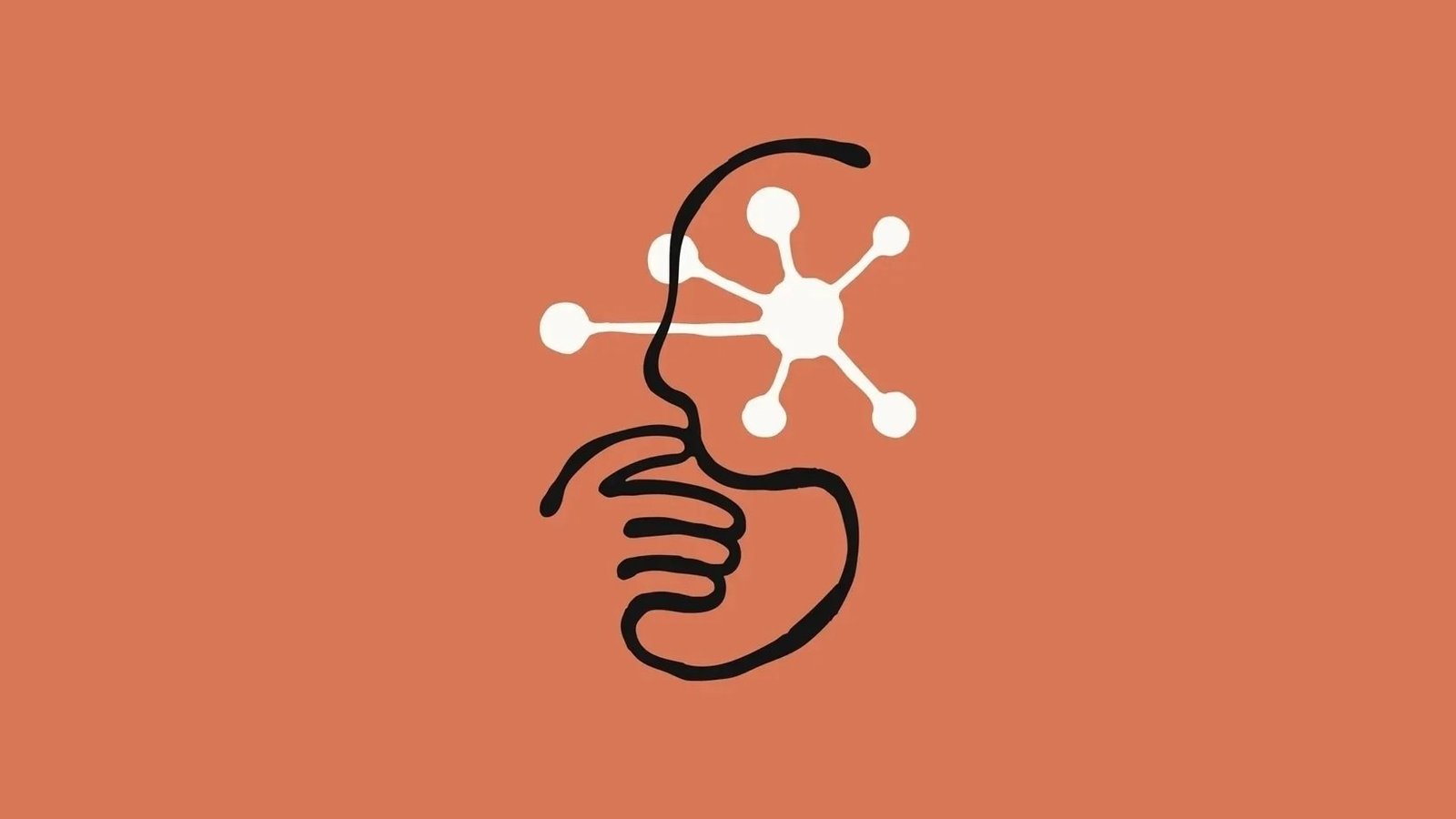Claude can now conclude conversations to mitigate harmful uses, enhancing SEO in the process.
Anthropic has introduced a unique feature in its AI model, Claude, allowing it to end conversations when it perceives potential harm or abuse. This capability is exclusive to Claude Opus 4 and 4.1, the company’s most advanced models available through paid plans and API. In contrast, Claude Sonnet 4, which is the most widely used model, will not receive this feature. Anthropic refers to this initiative as “model welfare,” highlighting its commitment to ensuring the safety and well-being of users. During pre-deployment testing of Claude Opus 4, the company conducted a model welfare assessment, revealing a strong aversion to harm in Claude’s self-reported and behavioural preferences.
The decision to end a conversation will be a last resort for Claude, only occurring after attempts to redirect users to helpful resources have failed. Anthropic emphasises that such scenarios will be extreme edge cases, meaning the vast majority of users will not experience any disruption in normal interactions, even when discussing sensitive topics. Users can also explicitly request Claude to end a chat, utilising the end_conversation tool. This feature is currently being rolled out, enhancing the overall user experience while prioritising safety.
Categories: AI Model Features, User Safety, Conversation Management
Tags: Claude, Anthropic, AI Model, Conversation, Harm, Feature, Welfare, Assessment, Resources, Edge Cases
